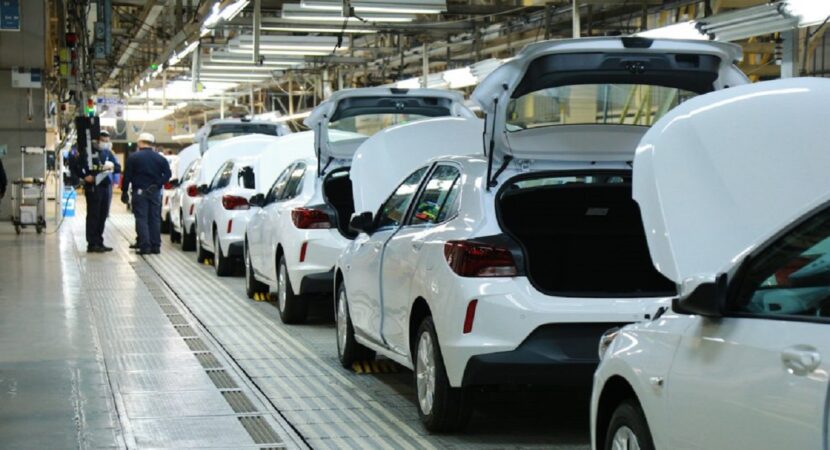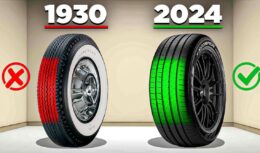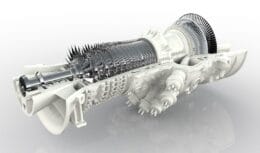
Semiconductor crisis is just the starting point of the serious situation that is brewing in the automotive industry. It is estimated that the manufacturing units will completely stop producing by the end of the year due to the lack of magnesium, a key component in the production of components in the field.
According to the Financial Times, a new supply crisis for production lines in the industry is approaching, in addition to the current semiconductor supply problem, which has already been faced by automakers for some time. Experts point out that the next threat to the automotive industry is a serious shortage of magnesium, which will hit the whole world. Magnesium is used in various aluminum alloys and it is very likely that before the end of the year, the lack of this important material could lead to the partial or even total closure of factories around the world.
Read other related news
In addition to the semiconductor crisis, the global automotive industry must also be concerned about the lack of magnesium
There are many automotive parts that use magnesium in their composition, among them are: body panels, wheels, axles, engine blocks, brakes, suspension plates, fuel tanks, among other parts.
Thus, with aluminum and magnesium interconnected, the possibility of a supply crisis is very high. As in the case of semiconductors, the problem is concentrated in China, as around 85% of the world's supply of magnesium comes from the Asian country.
At the present time, China is experiencing a severe energy crisis. Yulin – which is the largest magnesium producing city in China – had to order the immediate closure of 35 of its 50 production facilities.
About 15 remaining local units have been instructed to reduce their operations by half, something that will drastically impact the production volume of the units. This reduction is combined with the short and useful life of magnesium, which oxidizes very quickly.
Critical situation in the European automotive industry
In Europe the situation is moving towards a critical phase, with Magnesium reserves may run dry by the end of this year. In the United States, despite the crisis in the automotive industry, the situation is a little more optimistic, as the US can also be a global magnesium producer, however its production capacity is below the Chinese level.
In this way, the automotive industry could recover in the medium term, counting on the improvement of the situation in China. But unfortunately, the threat that a serious global problem will happen soon, remains real and frightening to the manufacturing industries of automotive parts. The anguish now is to know how Brazil will deal with the serious crisis that is already approaching.
Currently, some brands are trying to recover from the shortage of semiconductors, however some factories have temporarily closed. With the lack of aluminum alloys and the shortage of magnesium, the situation of industries, both Brazilian and foreign, tends to worsen in the long term.
The impact of the semiconductor chip crisis on entry-level cars
Cars and more cars are waiting for these components to leave the factories. This is one of the main reasons for the absence of entry-level cars at Brazilian dealerships, and those who buy a new one wait months for the vehicle to arrive.
Semiconductor chips are responsible for modern security, air-conditioning, entertainment, broadcasting, driver assistance and lighting systems. With the pandemic, Asian manufacturers of this product had no buyers, as automakers were paralyzing production, so they left for another market.
Currently, the crisis of semiconductor chips makes the product scarcer and more expensive. Therefore, automakers choose to use the most sophisticated components only in vehicles that already have a high price, so that they can have a higher profit margin.












Army summons Brazilians with up to…
Come be a watermelon, you too
Air Force F-16 fighters…
Which genocide are you talking about? Than…
Air Force F-16 fighters…
Everything is fine, 100-year secrecy,…
Air Force F-16 fighters…
Well... It's flying scrap... Typical...
Brazil begins an ambitious journey…
Very poor project with the final station…
Maybe there is a layout error…
Voltz filed for bankruptcy, stole R$…
All that’s left to do is send it to the Equipment Inspector.
Shou
I'm interested
I would like to work as an inspection technician…
The Portuguese errors here already disapprove…
In Mozambique there is also Nóbio